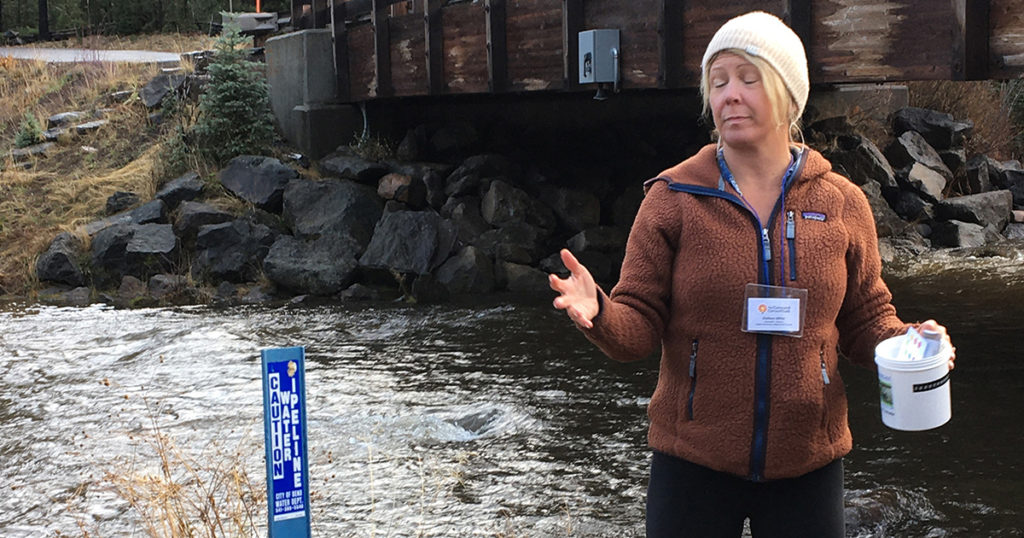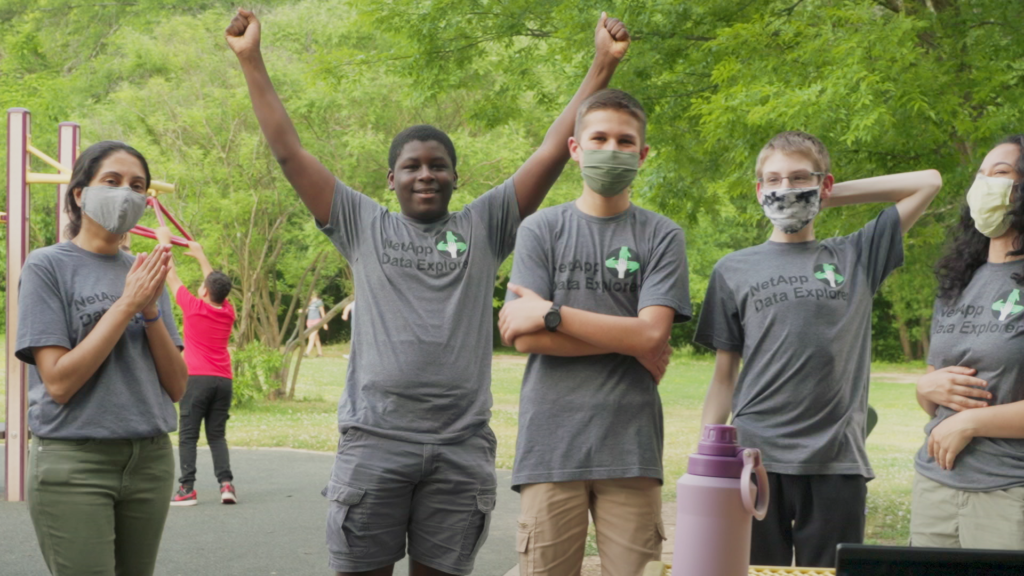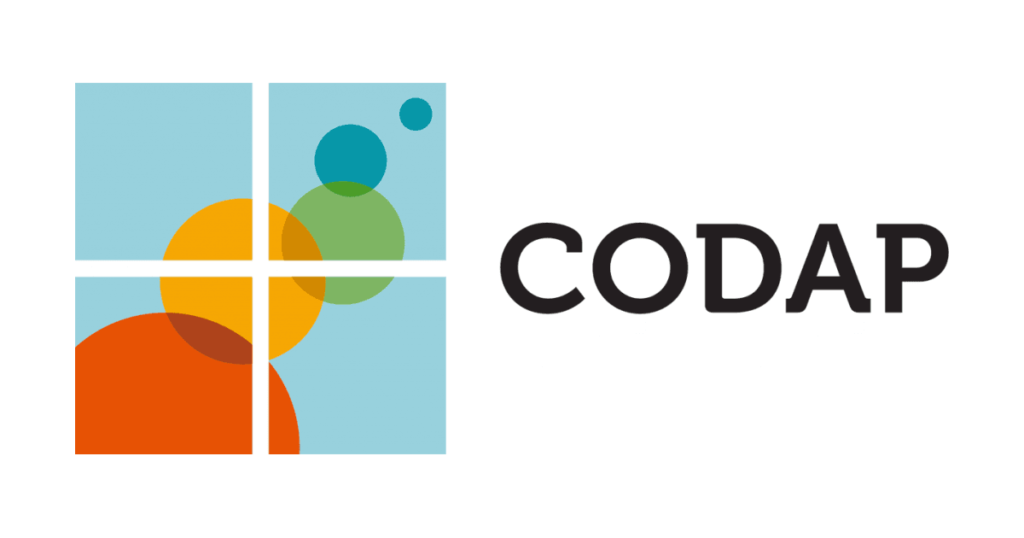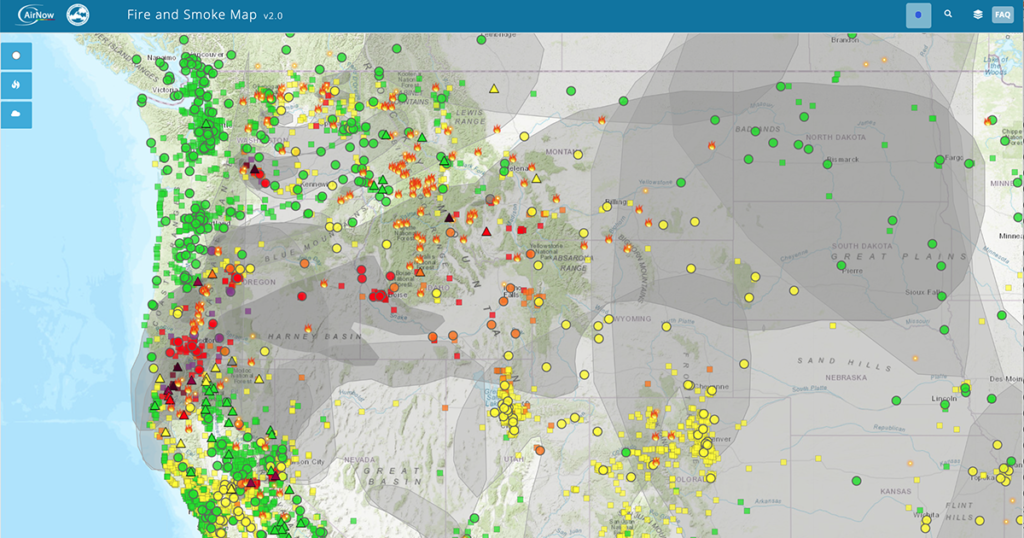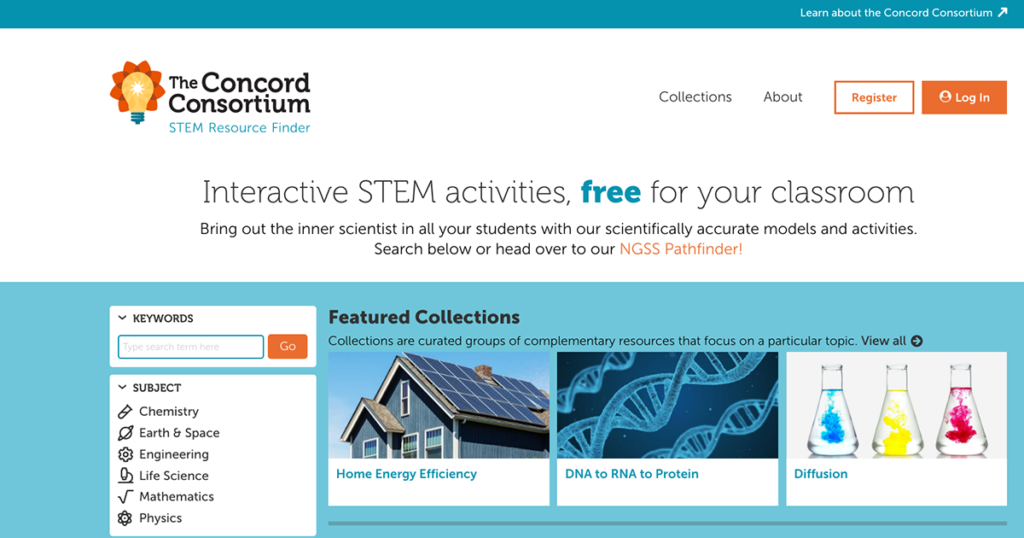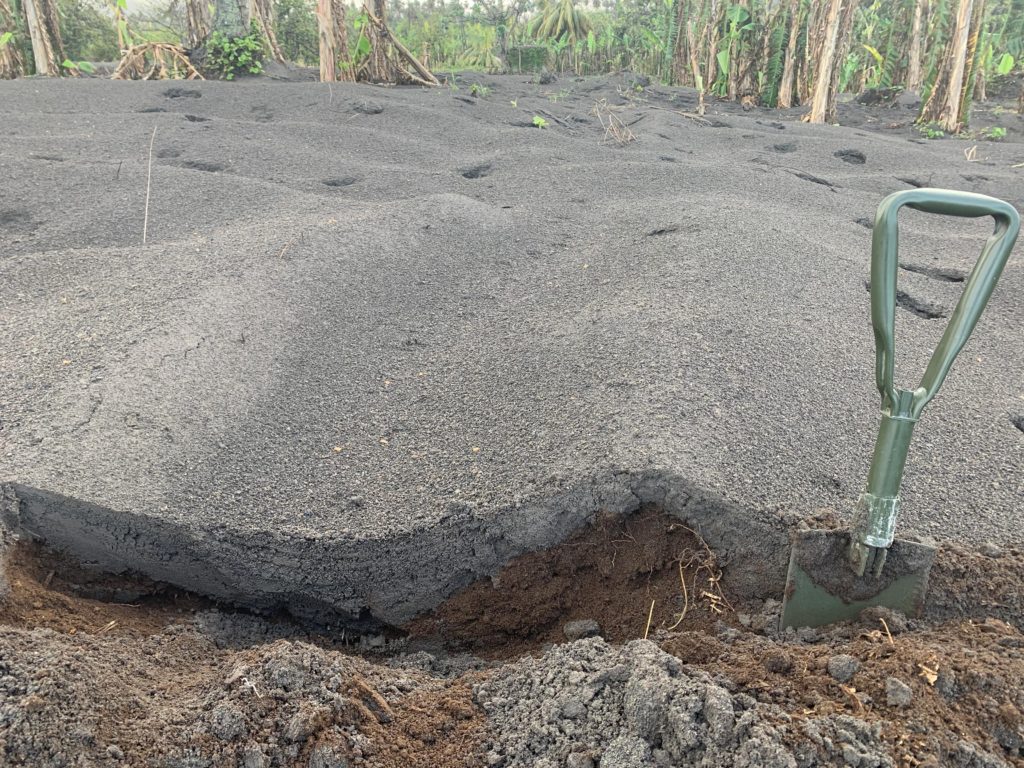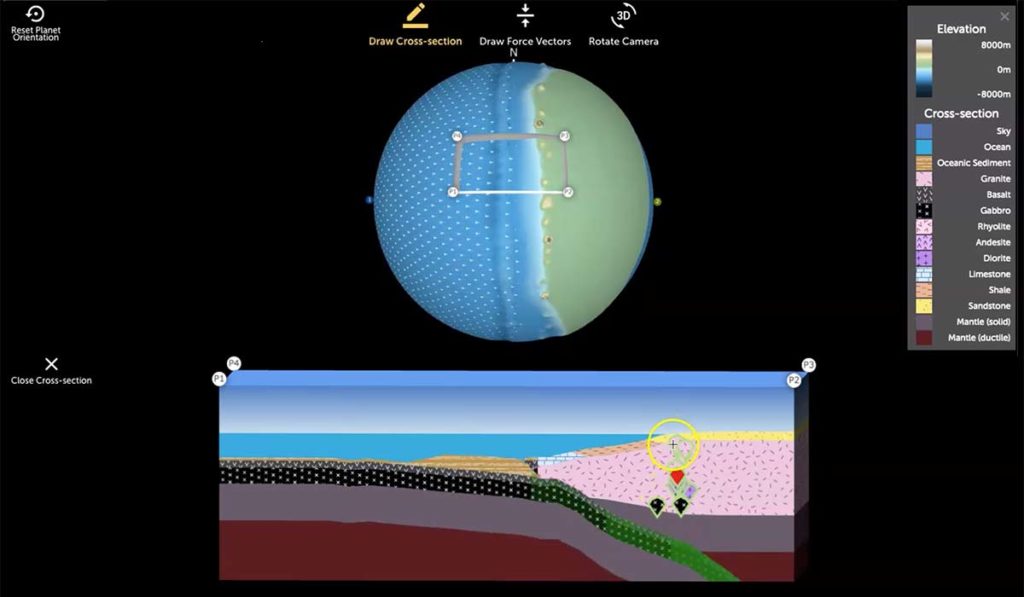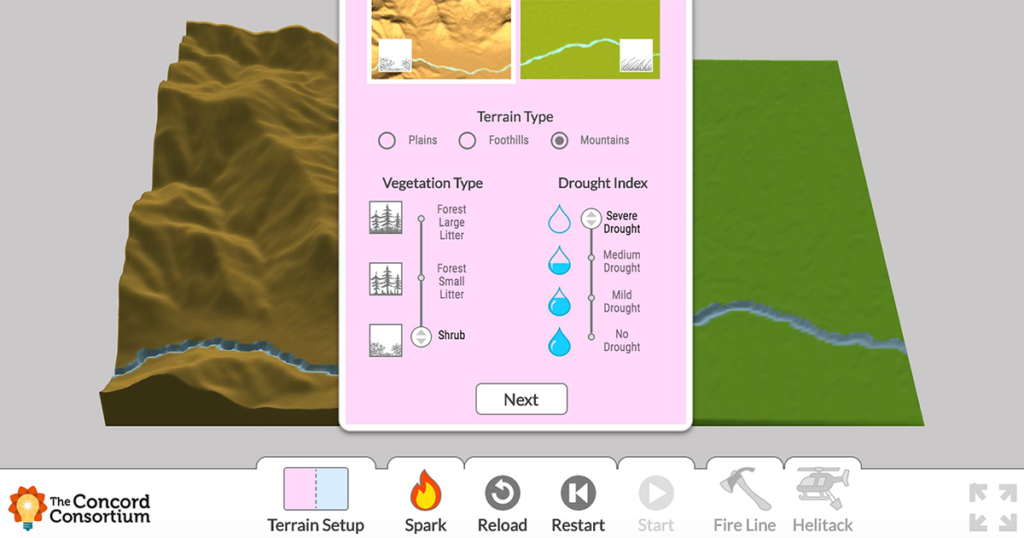Category: 2021
Over 100,00 miles of rivers and streams crisscross the state of Oregon, and it boasts more federally designated Wild and Scenic segments of river than anywhere else in the country. Water practically outlines the state with the Pacific Ocean on the west, the Columbia River defining much of the northern boundary with Washington, and the […]
When Robert Tinker founded the Concord Consortium in 1994, his goal was to make science exciting and open to all. From Bob’s earliest invention to make experimental data collection quick and easy with the use of fast-response sensors to his groundbreaking technology to expose the invisible and mysterious world of atoms and molecules in the […]
In the fall of 2020, 100 students ages 11 to 15 years old in Bangalore, India, logged into Zoom to learn how to work with data—data that could change their lives and those of their communities. Halfway around the world, 20 students in Durham, North Carolina, also investigated data in an afterschool program in the […]
With data all around us — from personal data about our sleep patterns, playlists, and purchases to scientific data about climate change and the COVID-19 pandemic — teachers and their students need to be able to navigate numbers and become fluent with data. Data fluency includes understanding the sources of data, structuring data for analysis, […]
The American West is burning. Wildfires rage, firefighters battle to contain fires, families are forced to evacuate their homes, and smoke chokes neighborhoods hundreds of miles away. Multiple years of drought have desiccated trees, shrubs, and grasses and transformed the western United States into a tinderbox. Air Quality Index and active fires in the western […]
New notebooks, sharpened pencils, and your tablet and iPhone batteries charged and ready to go. Check, check, and check. It’s back to school time! Whether you’re planning to be back in a real classroom for the first time in over a year or teach from your renovated basement, we’ve also been getting ready for the […]
Robert Constantinescu, a Ph.D. candidate in volcanology at the University of South Florida (USF), flew to the island of St. Vincent after the explosive activity at the La Soufrière volcano subsided. Between May 1 and 13, 2021, he worked alongside local scientists from the Seismic Research Centre of the University of West Indies to collect […]
The rock cycle, presented in nearly every Earth science curriculum and textbook, is typically taught in the same way from one classroom to the next. Students are shown an image that summarizes how all rocks are related to each other with suggested pathways by which one rock can transform into another rock. A nice, simple […]
We are delighted to celebrate five years of partnering with the world-renowned National Geographic Society. The National Geographic Society uses the power of science, exploration, education, and storytelling to illuminate and protect the wonder of our world. At the Concord Consortium we envision a world where teaching and learning seamlessly incorporate the best features of […]
“A new fire has started every day in Utah since May 17. Hot, dry conditions mean more could spark soon.” This was the shocking headline of a June 10 article about wildfires in one Western state. The National Interagency Fire Center, the nation’s support center for wildland firefighting, is currently tracking large fires in Utah […]
